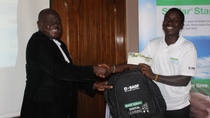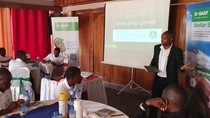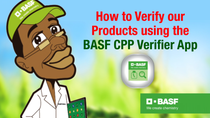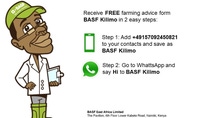Higher Efficacy
Agriculture
Kenya
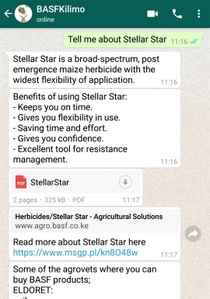
Kilimo: mobile notifications to reach smallholders in remote areas
The digital platform “Kilimo” takes its name from a Swahili word for farming. The system leverages a pre-existing BASF messaging ecosystem to make product recommendations, agronomic advice and disease warnings available to farmers through several mobile phone channels, most notably SMS and a WhatsApp chatbot.
Why
Only about 30% of the sub-Saharan African population owns smartphones, and, indeed, short messages service (SMS) represent the primary communication channel in this region of the world due to its low cost and ease of use. Smallholder farmers living in remote rural areas of Kenya are no exception—they often do not own smartphones, yet it is crucial to reach them with information providing agronomic advice and promoting best practices.
How
Kilimo leverages its capabilities to provide crisp, accurate and timely advice so that farmers know to apply the right products the right way at the right time, while agronomists can best advise them in the field and distributors can ensure they avail of adequate stocks when needed. WhatsApp chatbot exchanges, on the other hand, allow for richer media content such as product pictures and labels.
Kilimo focuses on the BASF product range for specific regions, crops and pests—its messaging is highly targeted. Messages depend on the farmer’s geographic location and are of three kinds mainly: disease risk warnings, product use recommendations and safe use advice (as with Good Agricultural Practices).
The tool was rolled out in Kenya in 2020 and has grown into a local success in Kenya, Ethiopia and Zambia, strongly complementing the sales force’s presence, especially in more remote areas. It is currently available in English and Swahili. Further expansion in the Eastern and Southern African region will be evaluated in coming years.
Result
With the support of Kilimo, smallholder farmers, product retailers and consultant agronomists in Kenya gain awareness of crop pests and diseases, as well as crop protection products and their safe use. The result is on the one hand a higher efficacy from accurate product use through timely applications thanks to early warnings and on the other hand a safer use for both, humans and environment.
- Higher Efficacy
- Safer Use
- Environmental Health
In 2022, a total of 18,967 messages on product knowledge and responsible use were sent out to farmers


Safer Use

Environmental Health
SDGs
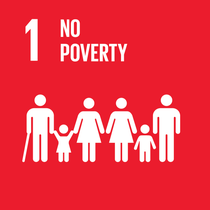
Increased agricultural productivity improves the livelihood of small-scale farmers and their families.
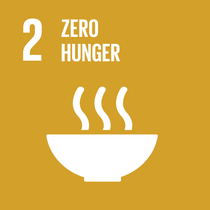
We support smallholder farmers in rural areas to grow more quality food and increase their incomes by providing them with trainings and technical advice.
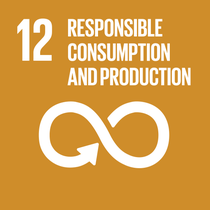
Responsible consumption and production through safe use of products and good agriculture awareness.
